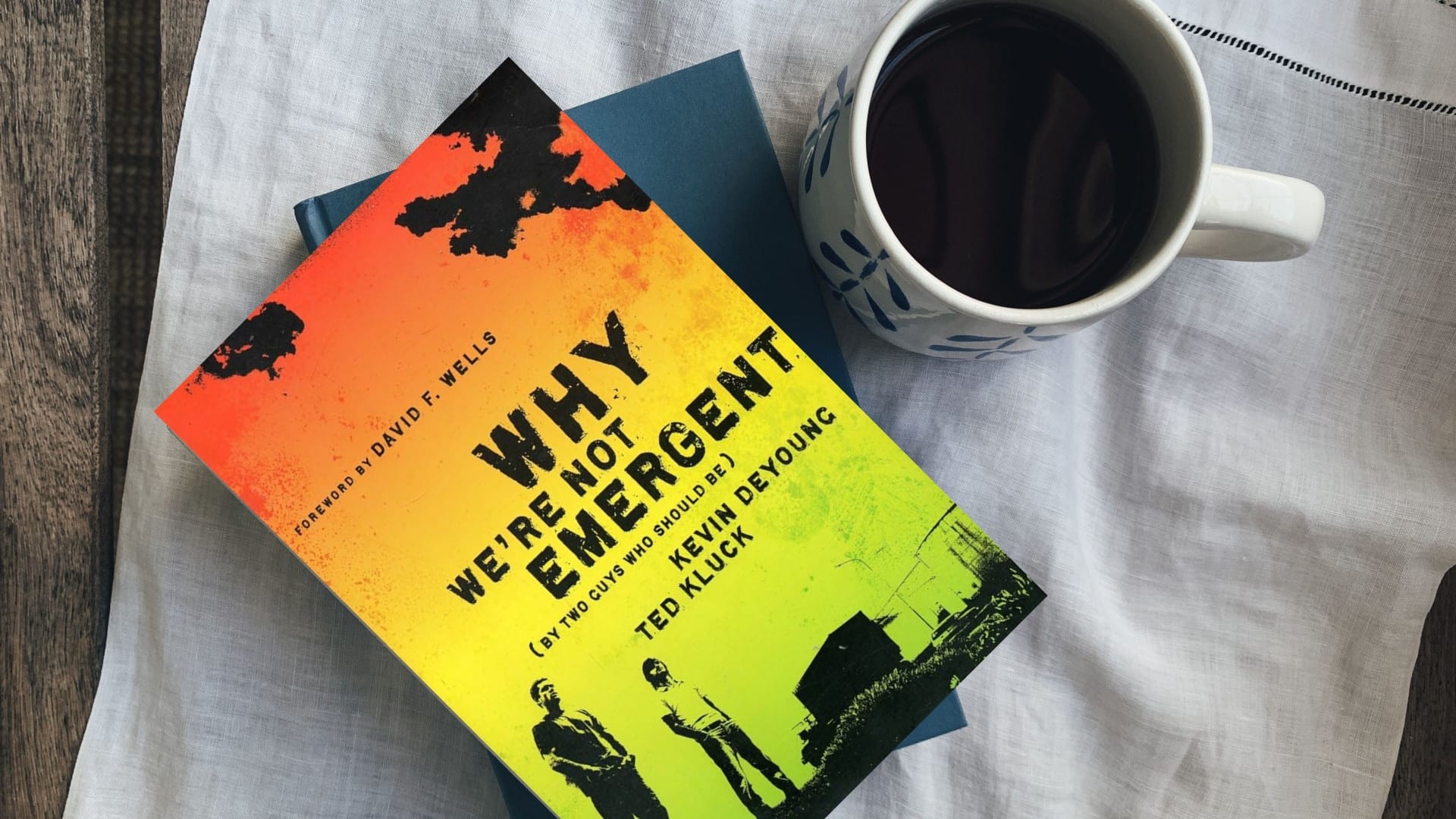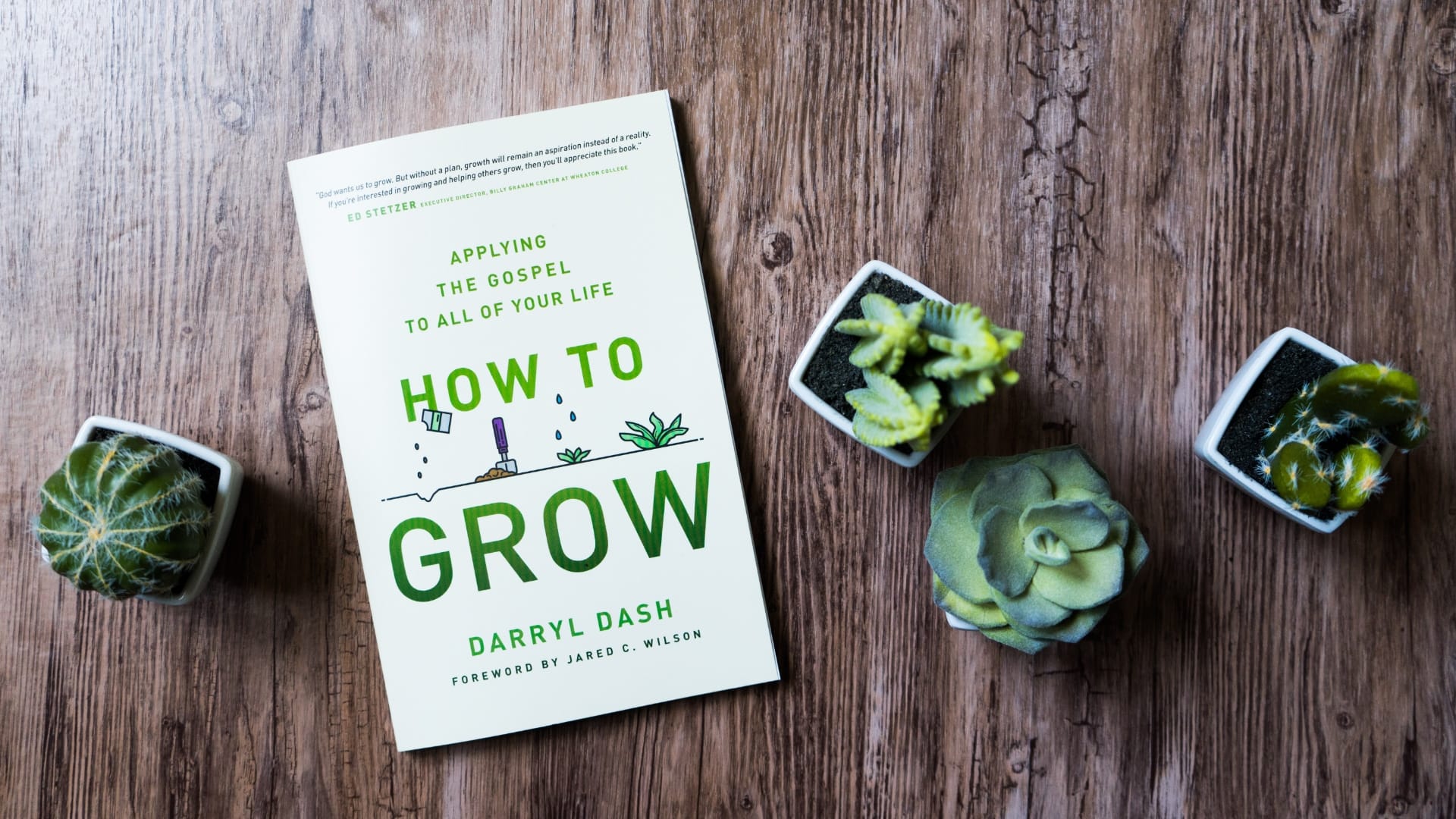So Many Great Books

In the acknowledgments of A Habit Called Faith, Jen Pollock Michel writes, “This book was seeded by an inconspicuous Pascal reference in Kent Annan’s Slow Kingdom Coming. In the margin, I wrote, ‘Book idea?’ I tracked down the reference and tucked it away for several years.”
Books are like that. A book references a second book written centuries before. The idea from that earlier book lays dormant. Eventually, it becomes its own book. The idea contained in a book is like a seed: one is enough to change one’s life, or sometimes even the world.
I’m a big believer in books. For the price of a few dollars, we can access the mind of some of the best thinkers who’ve lived. We can buy commentaries from top Bible scholars. We can revisit centuries long ago and places far away. We can see through someone else’s mind. I like movies too, but I rarely hear someone say that a movie based on a book is better than the book itself.
The only problem with books is that so many good ones exist. How can we choose which ones to read?
My System
I’ve started keeping two lists of books in my Bullet Journal:
- A priority list, with books I must read
- A non-priority list, with books I’d like to read
On the priority list, I put an asterisk beside the really important books I want to read soon.
Everything else goes on my non-priority list.
I tend to be an impulsive reader. But then I wonder, “Why am I reading this book when I have so many better ones waiting?” This helps me dial down my impulsiveness to about 10%, where I like it. (One can’t be too rigid!)
How I Prioritize
Prioritizing books is subjective. It helps that I have so many good books already on my priority list. Every new book I add is measured against them. For instance, I want to re-read J.I. Packer’s classic book Knowing God. Does this hot new release really deserve to be placed in the same category, or can it wait?
I also make some time for fun reading. At night I’m trying, and mostly succeeding, at reading fiction I enjoy. For someone so task oriented, that’s a major achievement.
Brett McCracken suggests three criteria in his excellent book The Wisdom Pyramid:
- Read old books. “C. S. Lewis wisely observes that a new book ‘is still on its trial’ and must be ‘tested against the great body of Christian thought down the ages.’”
- Read books that challenge you. “Read outside your comfort zone. Read fiction when you prefer nonfiction. Read a diverse array of genres. Read books by people whose lives and perspectives are different from yours.”
- Read books you enjoy. In other words, read for delight.
That seems like good advice to me.
It’s also worth figuring out how many books you can reasonably read in a year without rushing. We should read life-changing books slowly enough to allow them to sink in. That number will probably help calibrate which books we rank as most important.
Maybe I’m getting old. I realize that I don’t have enough years left to read all the books I want, and more are coming out every day. That’s okay. I’ll just keep prioritizing, reading, and enjoying.






